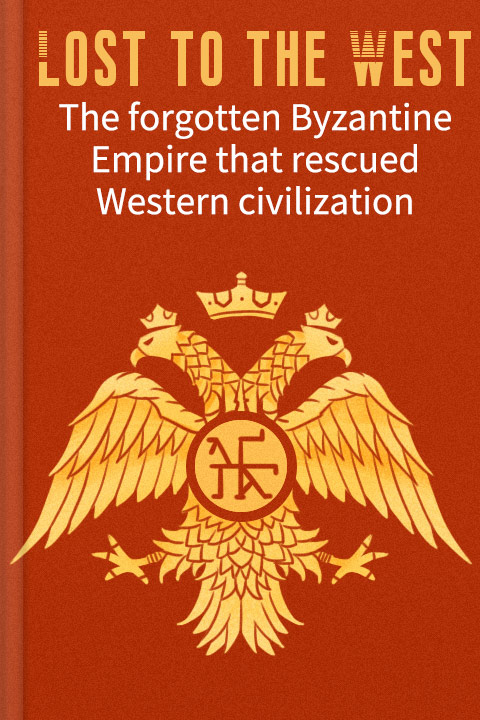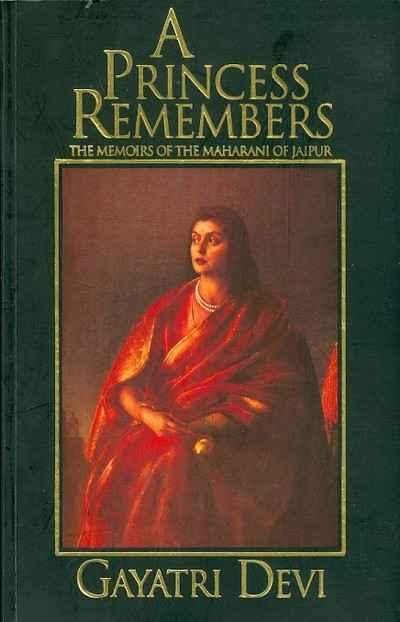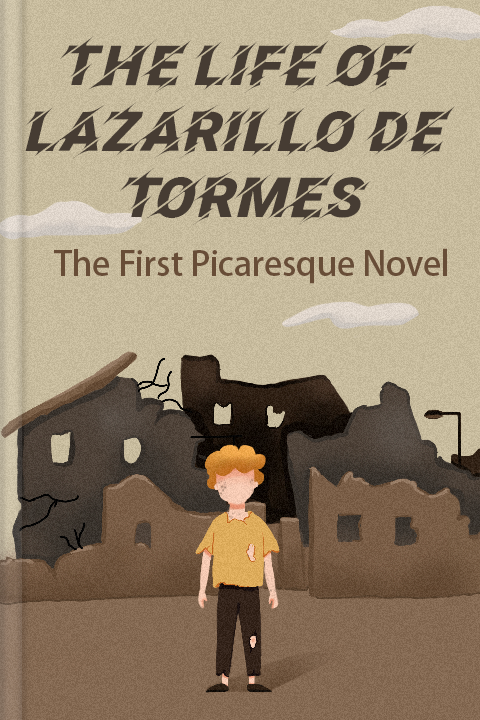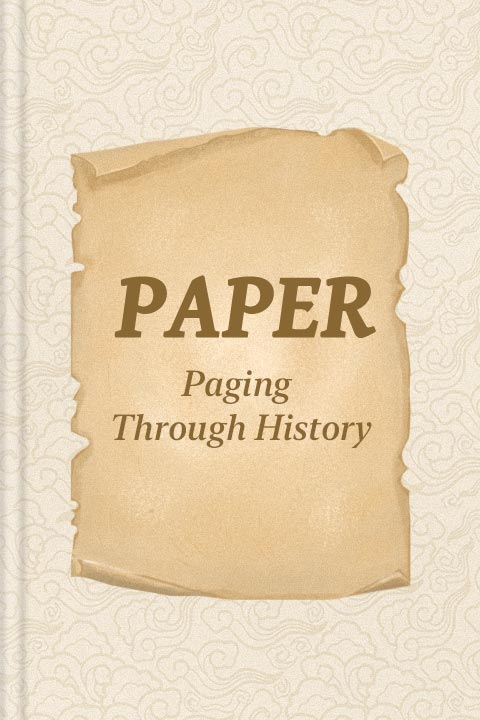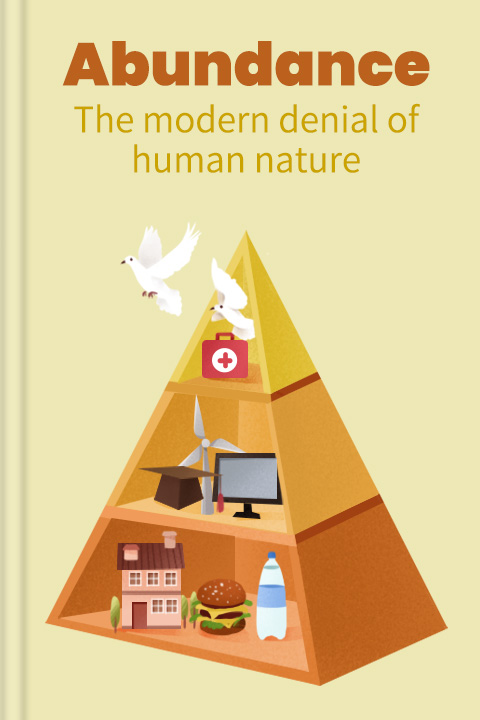
Information
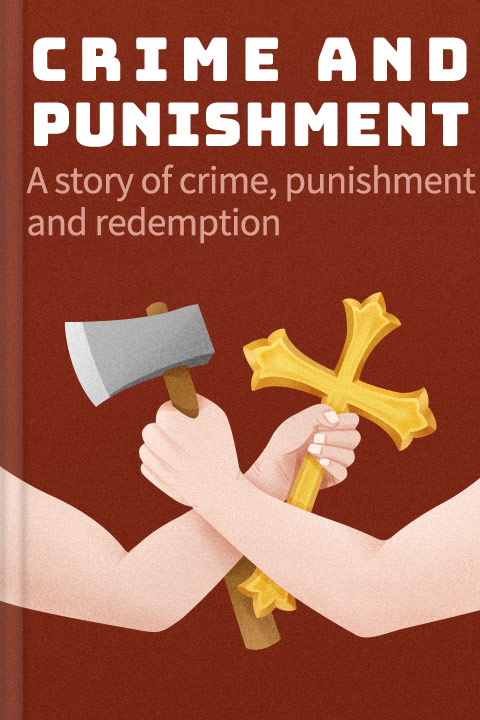
Author: Fyodor Dostoevsky
Narrator: Ryan
Format: MP3
IBSN: 9780143058144
Language: English
Publish Date: 24/11/1969
Audiobook length: 31 min
Crime and Punishment Summary Audiobook
Readers Also Enjoyed Summary Audiobook 
Why listen to Crime and Punishment
Listening to the summary audiobook of "Crime and Punishment" by Fyodor Dostoevsky offers a concise yet profound exploration of its central themes, including morality, guilt, and redemption. In just a short amount of time, you can grasp the complex psychological struggles of the protagonist, Raskolnikov, and the socio-political context of 19th-century Russia. This engaging format allows listeners to appreciate Dostoevsky's intricate narrative and philosophical insights without the time commitment of the full text, making it an ideal introduction or refresher for anyone interested in classic literature and human psychology.
Key Insights from Crime and Punishment
- The moral struggle of Raskolnikov illustrates the conflict between utilitarianism and morality, questioning whether the ends justify the means. His internal turmoil highlights the consequences of rationalizing crime and the profound impact it has on the human psyche.
- Dostoevsky delves into themes of redemption and the possibility of spiritual rebirth, as seen through Raskolnikov's journey from isolation to connection with others. This transformation emphasizes the importance of love, compassion, and the need for human relationships in overcoming despair.
- The novel portrays the oppressive nature of poverty and the social conditions in 19th-century Russia, exploring how desperation can drive individuals to crime. Through Raskolnikov's actions, Dostoevsky critiques societal structures and underscores the need for empathy towards the marginalized.

Brief In, Brilliance Out
Contact: buildlearn.bk@gmail.com




